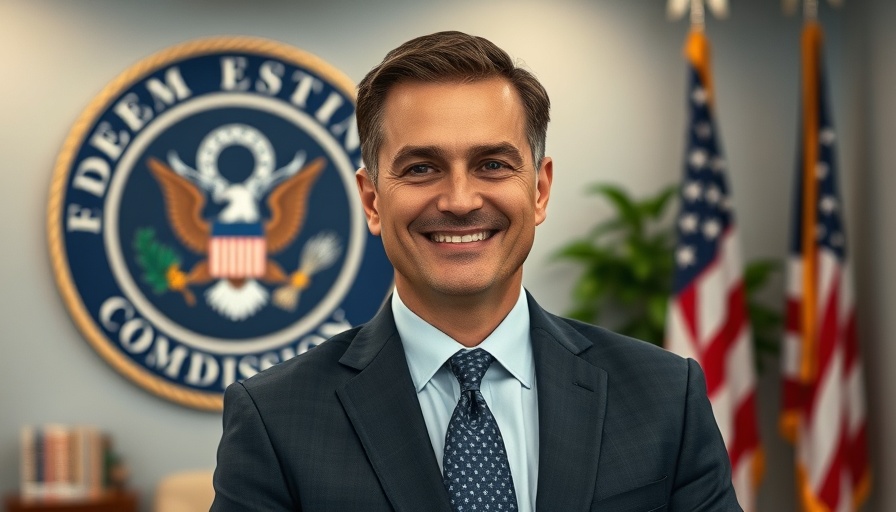
Federal Trade Commission Shifts Under Andrew Ferguson's Leadership
In a striking move hours after President Trump’s inauguration, Andrew Ferguson was appointed as the chairman of the Federal Trade Commission (FTC). This change not only marks a shift in leadership but also signals an overhaul of the agency’s policies, particularly concerning diversity, equity, and inclusion (DEI). Ferguson expressed his desire to end what he termed an 'assault on the American way of life,' vowing to restore meritocracy at the FTC.
The Controversy Surrounding DEI Initiatives
At the heart of Ferguson's agenda is a clear rejection of the existing DEI framework that has been a staple under the previous administration. He characterized DEI as a divisive ideology that undermines the principle of equality. Citing existing policies as discriminatory, Ferguson’s rhetoric implies a complete dismantling of DEI-related programs at the FTC as a step towards enforcing federal civil rights.
Immediate Actions Taken by the New Chair
Within just two days, Ferguson initiated significant changes. He closed the FTC’s Office of Workplace Inclusivity and Opportunity, placed its employees on administrative leave, and dissolved the agency’s Diversity Council. These moves signal a decisive pivot: the FTC will no longer promote DEI initiatives internally or externally.
Implications for Dealerships and the Auto Industry
The actions taken by Ferguson could have far-reaching implications for dealerships and other businesses engaged with federal regulations. By prioritizing merit over demographic considerations, dealerships might see a shift in how hiring practices and compliance requirements are structured. Understanding this shift could be crucial for principals and operational directors in adapting to new standards in the market.
Future of Regulatory Frameworks
Ferguson's mandate is likely to usher in extensive evaluations of ongoing FTC contracts, ensuring that DEI biases are systematically eradicated from their frameworks. This strategy may encourage traditional business practices that focus primarily on qualifications and performance, rather than diversity benchmarks. As the auto industry grapples with these changes, it is vital for leadership to stay informed about evolving regulatory landscapes.
What This Means for Business Opportunities
With the FTC under Ferguson’s leadership, it’s essential for businesses to reassess their approaches to compliance and operational diversity. This new outlook on equality may simplify some processes but could complicate others, depending on industry standards and federal requirements. Organizations could benefit from adopting a proactive stance in understanding and adapting to these potential changes.
Ferguson’s agenda reflects a larger ideological battle occurring within government institutions. The ramifications of such changes are yet to unfold fully, and industry leaders must be vigilant as they navigate this shifting landscape.
 Add Row
Add Row  Add
Add 




Write A Comment